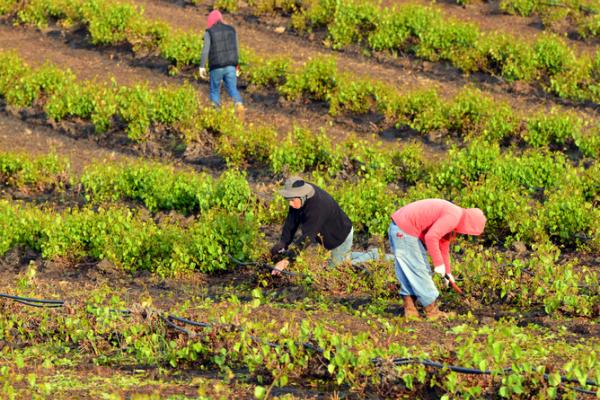Jun 11, 2015
The primary challenge facing immigration laws in the United States is not people crossing the border without authorization. In fact, a recent study from Pew Research Center shows that fewer people than ever are attempting to cross the border.
Rather, our dilemma with immigration is that people who are already here — some for several decades — without proper documentation face substantial difficulties in trying to integrate and contribute to the country.
Read the Full Article

Already a subscriber? Login
